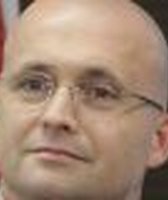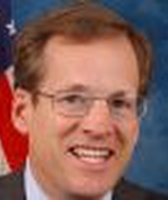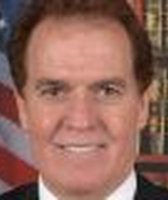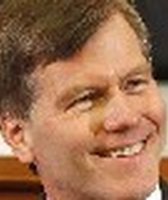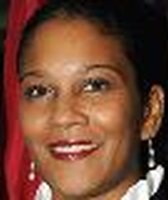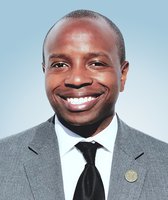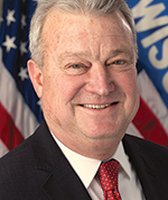Stand up for the facts!
Our only agenda is to publish the truth so you can be an informed participant in democracy.
We need your help.
I would like to contribute
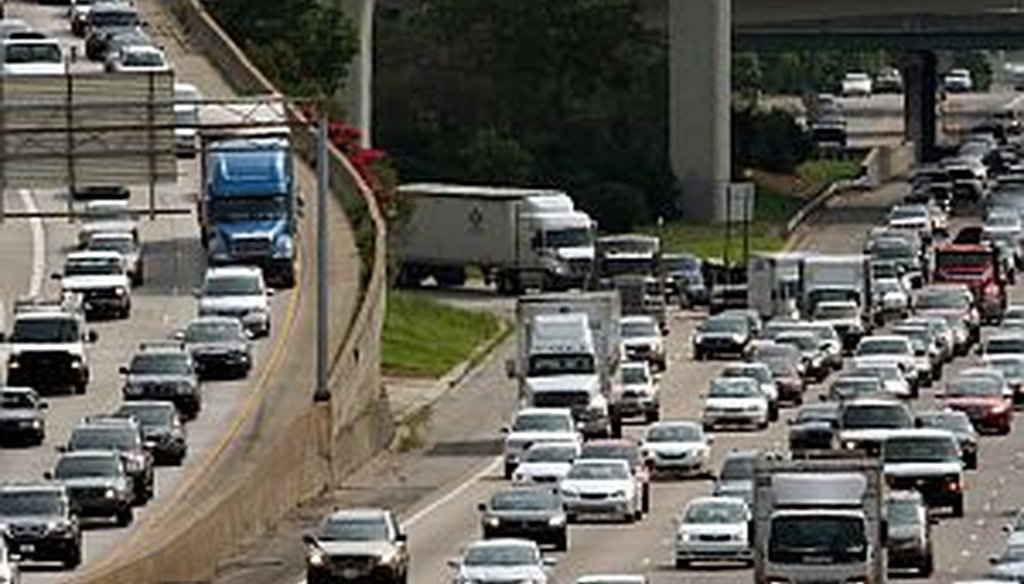
PolitiFact Georgia checked a claim about a proposed tax that could ease traffic snarls like this one at the I-85 / I-285 interchange in Doraville.
Politicians kept the truth close at hand at PolitiFact Georgia last week.
Georgia Secretary of State Brian Kemp earned a True on a claim about election law violations. So did Johns Creek Mayor Mike Bodker, who talked about the region’s transportation needs. A criminal justice expert earned a Mostly True when he questioned the effectiveness of Atlanta’s curfew law.
State Sen. Jack Murphy strayed the furthest from the truth with a statement on immigration. Half True, we ruled.
All in all, not a bad week for Truthiness.
To comment on our findings, hit the "like" button on our Facebook page.You can also follow us on Twitter.
State Sen. Jack Murphy: Georgia’s illegal-immigration legislation "simply follows existing federal law."
Just hours after a federal judge ordered a preliminary injunction of Georgia’s legislation to crack down on illegal immigration last month, Murphy, a Republican from Cumming, made this claim in a press release.
A federal judge, however, said there are big differences between the state legislation and federal law.
Experts told PolitiFact Georgia the penalties Georgia’s bill has are less in some areas and potentially more in others.
The legislation addresses the same issues as federal law, but there are some differences where Georgia does more than simply follow federal law, such as the language in Georgia’s bill that makes it a crime to induce illegal immigration here from another state.
Also, Georgia requires affidavits from contractors, subcontractors and sub-subcontractors of the immigration status of their workers. The federal government does not.
We rate Murphy’s claim as Half True.
Georgia Secretary of State Brian Kemp: "The State Election Board has issued nearly $275,000 in fines to violators of absentee ballot laws."
Kemp made this claim in response to a recent column in The Atlanta Journal-Constitution that argued Republicans like him support requirements to have voters show ID at the polls as a covert effort to suppress some traditionally Democratic-leaning groups.
That’s nonsense, Kemp wrote. He said there’s plenty of evidence of real voter fraud in Georgia.
Kemp’s office forwarded us a spreadsheet with a breakdown of each fine for 59 violators of absentee ballot law since 2007. The total, $329,200, was actually higher than Kemp’s claim.
Much of the total, or $178,000, came from a single Jackson City case.
This case and others put the total over the $275,000 mark. We rate Kemp’s statement as True.
Johns Creek Mayor Mike Bodker: "[L]ess than one-tenth of Atlanta's transportation needs are covered" in a referendum to levy a 1-cent sales tax.
Bodker made this statement when he talked about building support for a referendum to help unclog the region’s roadways by levying a 1-cent sales tax.
Bodker was talking about money, he told us. Regional planners calculated all the projects the area needs in the next 30 years would cost some $120 billion, but the referendum is estimated to bring in only $7.2 billion, Bodker said. That’s less than 10 percent.
We checked Bodker’s figures with those from the Atlanta Regional Commission, and they are very close. But there’s one small hitch.
The $120 billion cost estimate defines the Atlanta region as an 18-county area. The state Legislature designed the planned referendum to cover a smaller, 10-county region.
That said, we think it’s safe to say your average voter doesn’t parse regional definitions this closely.
Bodker earns a True.
Mike Males of the Center on Juvenile and Criminal Justice: "There’s pretty much no question that [the curfew ordinances] aren’t effective in either reducing crime or preventing harm to young people."
Just as Atlanta’s teens were embracing the warm glow of summer vacation, city officials announced plans to enforce a long-standing juvenile curfew, saying it’s needed to keep everyone safe.
But Males, an expert on the subject, made the opposite claim in a piece published in The Atlanta Journal-Constitution.
We found that the weight of academic opinion sides with Males’ assessment that curfews do not reduce crime. But our research suggests the question deserves more study.
Males saves himself with the qualifier "pretty much," but at least some still are asking questions, leaving us with a ruling of Mostly True.
Our Sources
See original stories.

